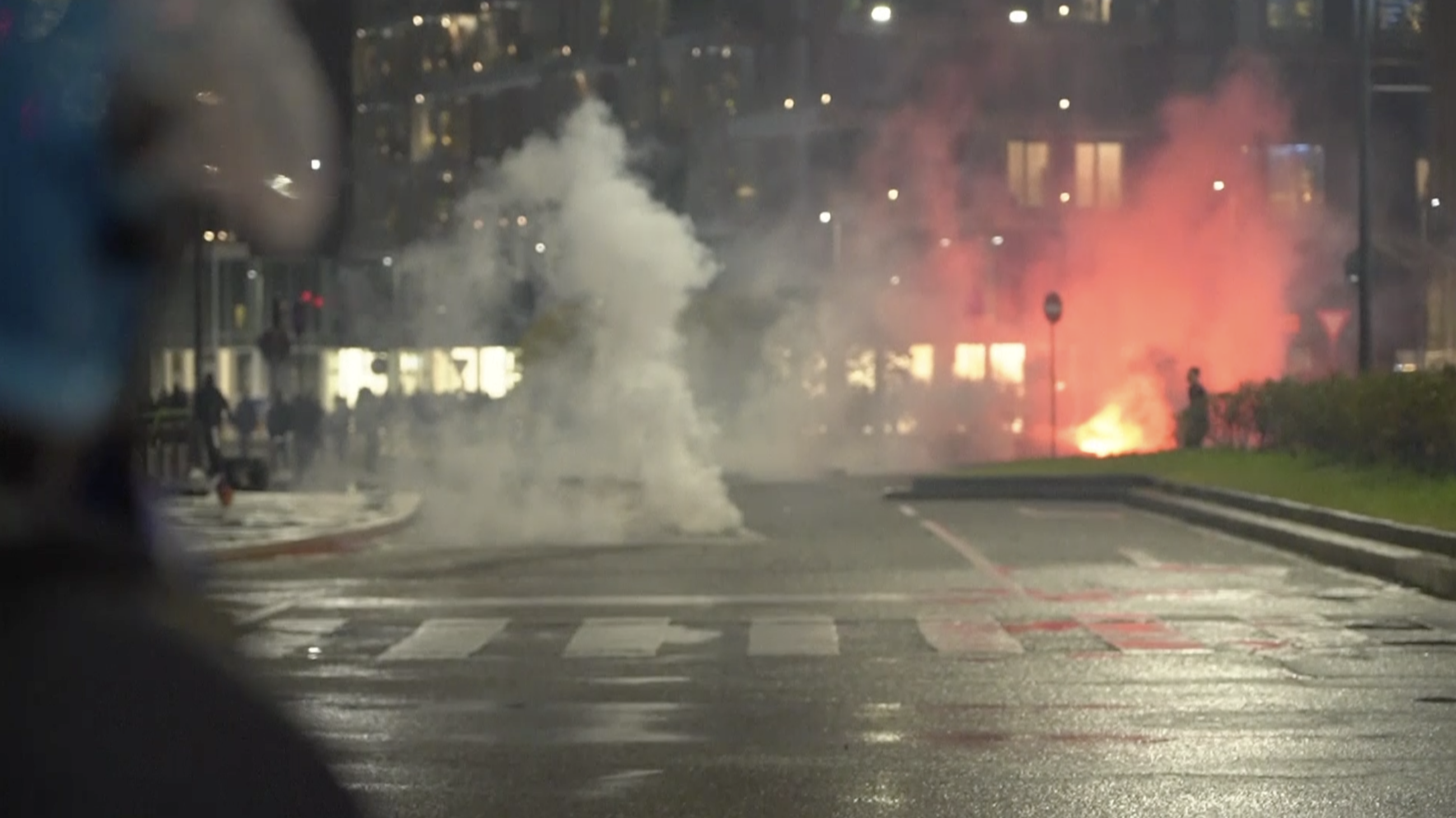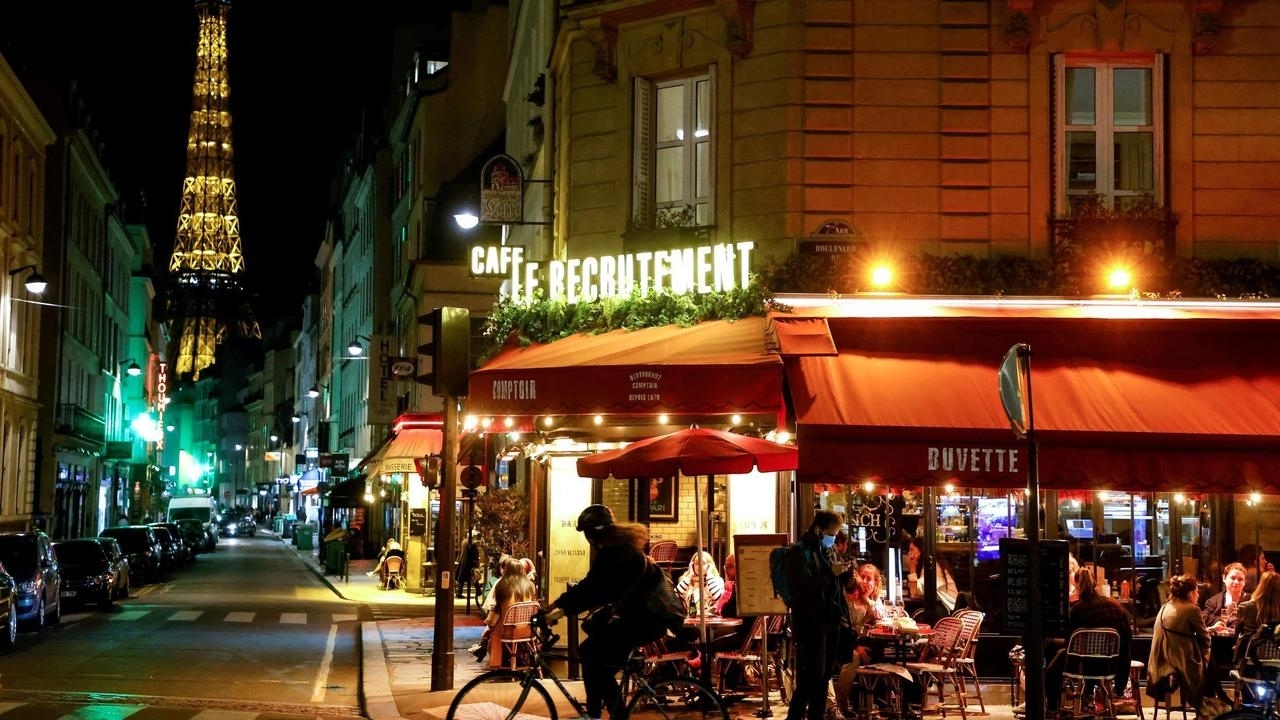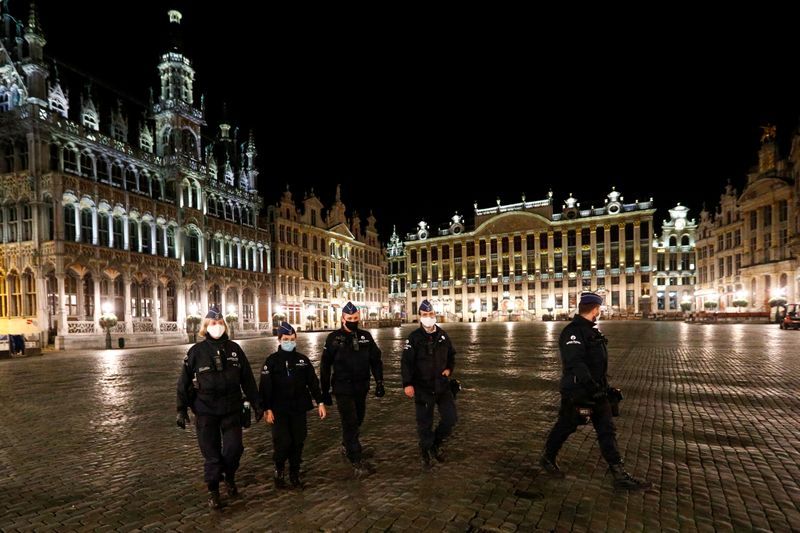00:51

The 27-nation European Union, with a population of 450 million, has seen a resurgence in the bloc with second-round restrictions amid an "alarming increase" in cases and deaths. So far it has booked more than 1 billion doses of potential COVID-19 vaccines from three drugmakers. It is negotiating the advance purchase of another billion vials with other companies.
"There will not be sufficient doses of COVID-19 vaccine. Only part of the European Union population can be inoculated against the new coronavirus before 2022," EU officials said in an internal meeting, as the vaccines the bloc is securing may not prove effective or may not be manufactured in sufficient doses.
On Wednesday, World Health Organization (WHO) spokeswoman Dr Margaret Harris said France, Spain, the UK, the Netherlands and Russia accounted for the majority of cases which increased by a third. She said daily cases rose by a third compared with the previous week, while daily deaths increased by "close to 40 percent."
Harris urged European countries to provide clearer guidance for those who have to self-isolate to counteract the "alarming increase in cases and deaths" across the continent.

People sit at a café as the Eiffel Tower is seen in the background in Paris, France, October 26, 2020. /AFP
People sit at a café as the Eiffel Tower is seen in the background in Paris, France, October 26, 2020. /AFP
There has been a sharp increase in Italy, with 221 fatalities announced in the past 24 hours. The total number of fatalities in Austria went above 1,000 on Tuesday and Germany's cases could reach 20,000 a day by the end of the week according to economy minister Peter Altmaier. Italy's health ministry has advised the country's citizens against journeys to other European nations amid "the worsening epidemiological situation" across the continent.
Russia reported a daily record of 320 deaths, pushing the tally to 26,589 and recorded another 16,550 infections on Tuesday alone, and authorities have now made the wearing of face masks compulsory in all crowded places nationwide. It now has the world's fourth highest number of COVID-19 cases after the U.S., India and Brazil.
Harris told the BBC that this has added more strain to already stretched healthcare systems. "Despite better management of hospital capacity, hospitals in several countries are filling up fast," according to Harris.

Police in Brussels. /Reuters
Police in Brussels. /Reuters
She said hospitals are much better at understanding what's going on, but the reverse of that is also knowing that what they are going to face is going to be grim.
The EU Commission had earlier said vaccines will be limited "during the initial stages of deployment" but had never clarified how long the initial phase would last.
There is still no effective COVID-19 vaccine, but the first shots could be available at the beginning of next year, the Commission said earlier in October.
Given a likely limited supply, the Commission has for months urged EU governments to devise vaccination plans that would prioritize vulnerable and essential groups, such as healthcare workers, the elderly or people with chronic diseases.
But apart from a consensus on inoculating doctors and nurses, "there is no common line on other groups," the Commission official said at the internal meeting this week.
In July, the Commission and EU governments agreed that at least 40 percent of the EU population should be vaccinated in the first phase.
(With inputs from agencies)